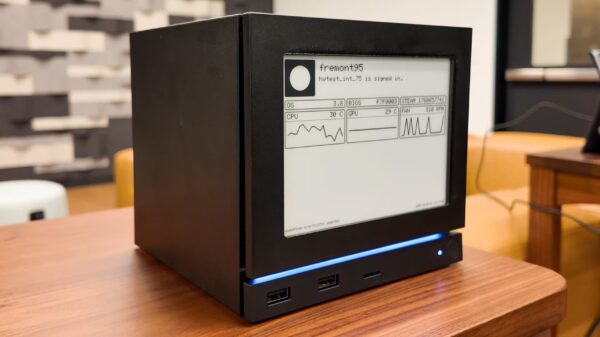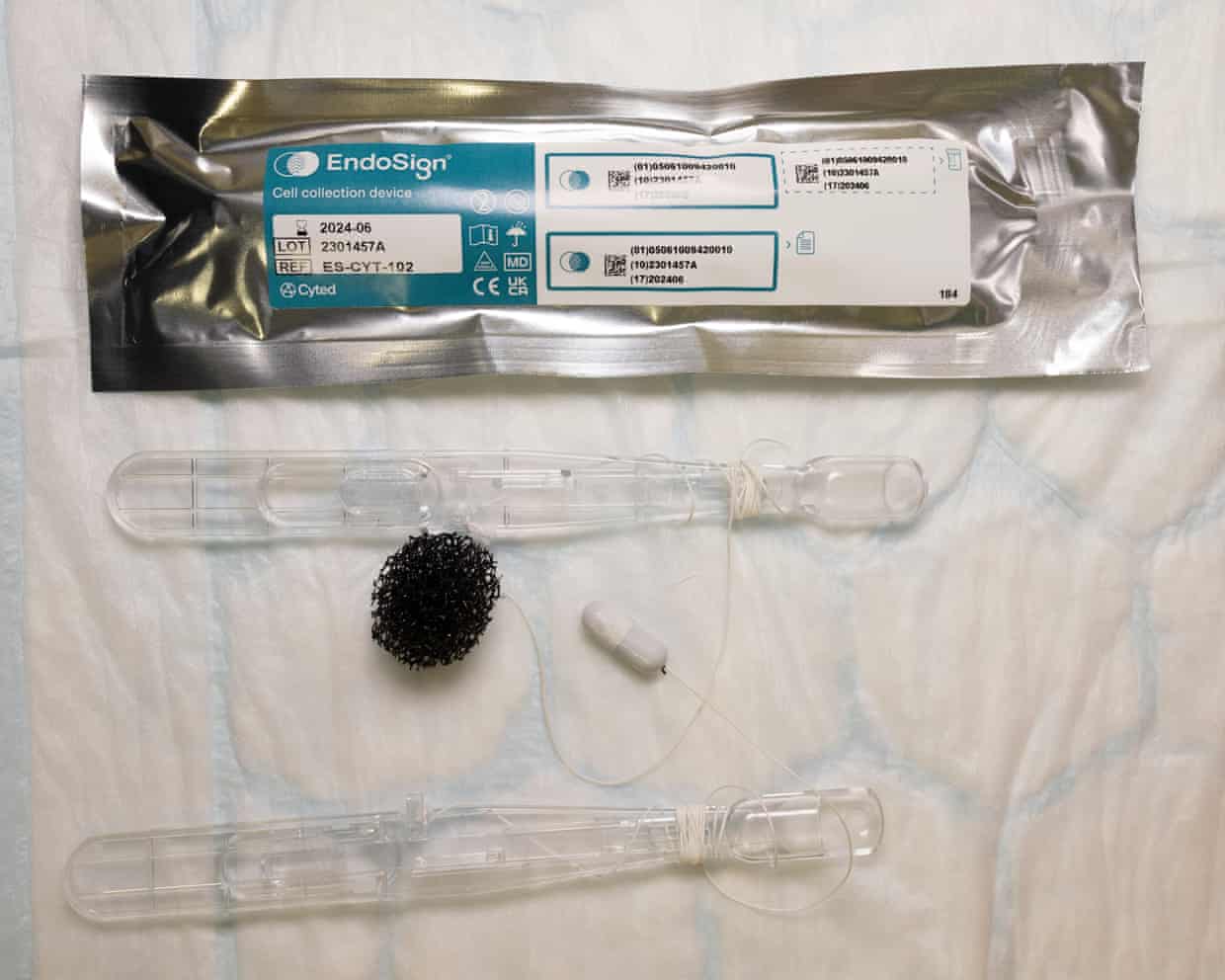The National Health Service (NHS) in England has announced the launch of a pilot program to test a new method for detecting precursors to oesophageal cancer. The innovative “sponge on a string” test aims to identify early signs of the disease, which is often diagnosed at advanced stages, making treatment challenging. This initiative is part of the government’s broader 10-year health plan, aimed at improving early cancer detection and outcomes.
The pilot program will be implemented in various NHS pharmacies across England, allowing for convenient access to the test. The “sponge on a string” method involves swallowing a small sponge attached to a string, which collects cells from the oesophagus. This simple and non-invasive procedure is designed to be quick, with results available shortly after the test.
Government Commitment to Cancer Care
The introduction of this pilot program highlights the UK government’s commitment to tackling cancer as part of its comprehensive health strategy. According to the Department of Health and Social Care, the initiative is expected to enhance early detection rates for oesophageal cancer, which has seen a rising incidence in recent years.
Current statistics reveal that approximately 9,000 people in the UK are diagnosed with oesophageal cancer each year, with survival rates significantly improving when the disease is detected early. The pilot is set to begin in March 2024, with evaluations to follow to assess its effectiveness and potential for wider implementation.
Experts have noted that the early identification of cancerous cells can lead to timely intervention, significantly enhancing patient outcomes. The “sponge on a string” test is one of several initiatives aimed at transforming cancer care through innovative solutions.
Potential Impact on Public Health
The pilot program is also expected to reduce the pressure on hospitals by providing an alternative means for early diagnosis. If successful, it could pave the way for similar projects in other areas of healthcare, ultimately improving the overall efficiency of the NHS.
As part of the ongoing efforts to improve public health, the government has invested heavily in cancer research and care. The new test aligns with the NHS’s vision of making healthcare more accessible and proactive, especially in the realm of cancer treatment.
The initiative has received praise from health professionals and cancer charities alike. Many advocates stress the need for more accessible screening options to ensure that individuals at risk receive timely care. They believe that projects like the “sponge on a string” test could significantly impact the fight against cancer.
In conclusion, the NHS’s pilot program for the “sponge on a string” test represents a significant step forward in cancer prevention and early detection. With a focus on accessibility and innovation, this initiative not only aims to save lives but also reflects a commitment to improving health outcomes across England. As the pilot rolls out in March 2024, stakeholders will be closely monitoring its progress, hoping for a positive impact on public health.








































































